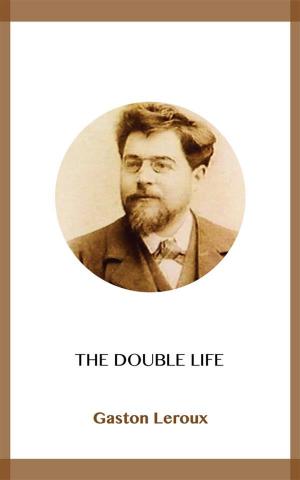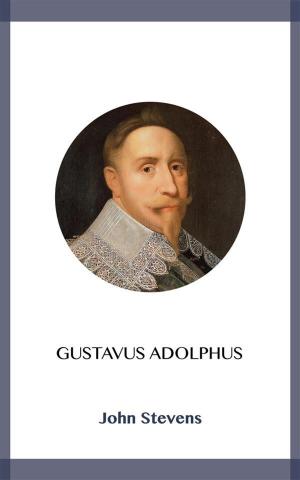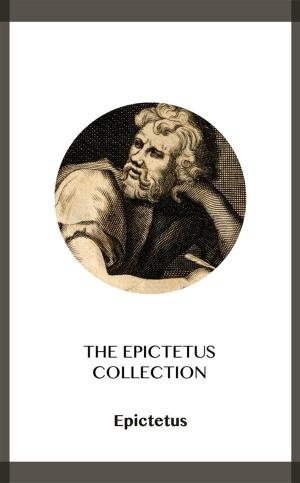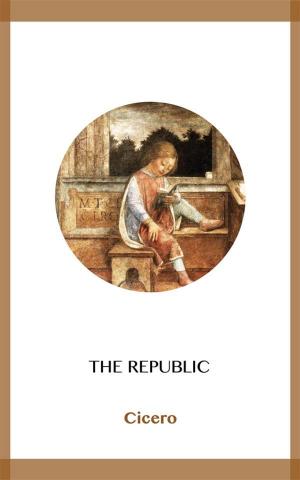| Author: | Ephraim Emerton | ISBN: | 9788828367925 |
| Publisher: | Blackmore Dennett | Publication: | August 4, 2018 |
| Imprint: | Language: | English |
| Author: | Ephraim Emerton |
| ISBN: | 9788828367925 |
| Publisher: | Blackmore Dennett |
| Publication: | August 4, 2018 |
| Imprint: | |
| Language: | English |
The principle of the mediæval, feudal state is to be found in the division of what we call "sovereign powers" among a great number of persons. These powers are chiefly the military, the judicial, and the financial. The military power includes not merely the defence of the country against a foreign enemy, but also the maintenance of order within the country or, in our modern usage, "police." The judicial power means the right and the corresponding duty to administer justice in all "civil" cases, – that is, cases involving questions of right as between one man and another, – and also to punish offences against the welfare of society, or, to speak technically, "crimes." The possession of judicial power implies also the existence of a sufficient military force to carry out the decisions of the court, whether this force be in the hands of the court itself or of some power on which it can depend to work in harmony with it.The principle of the mediæval, feudal state is to be found in the division of what we call "sovereign powers" among a great number of persons. These powers are chiefly the military, the judicial, and the financial. The military power includes not merely the defence of the country against a foreign enemy, but also the maintenance of order within the country or, in our modern usage, "police." The judicial power means the right and the corresponding duty to administer justice in all "civil" cases, – that is, cases involving questions of right as between one man and another, – and also to punish offences against the welfare of society, or, to speak technically, "crimes." The possession of judicial power implies also the existence of a sufficient military force to carry out the decisions of the court, whether this force be in the hands of the court itself or of some power on which it can depend to work in harmony with it.
The principle of the mediæval, feudal state is to be found in the division of what we call "sovereign powers" among a great number of persons. These powers are chiefly the military, the judicial, and the financial. The military power includes not merely the defence of the country against a foreign enemy, but also the maintenance of order within the country or, in our modern usage, "police." The judicial power means the right and the corresponding duty to administer justice in all "civil" cases, – that is, cases involving questions of right as between one man and another, – and also to punish offences against the welfare of society, or, to speak technically, "crimes." The possession of judicial power implies also the existence of a sufficient military force to carry out the decisions of the court, whether this force be in the hands of the court itself or of some power on which it can depend to work in harmony with it.The principle of the mediæval, feudal state is to be found in the division of what we call "sovereign powers" among a great number of persons. These powers are chiefly the military, the judicial, and the financial. The military power includes not merely the defence of the country against a foreign enemy, but also the maintenance of order within the country or, in our modern usage, "police." The judicial power means the right and the corresponding duty to administer justice in all "civil" cases, – that is, cases involving questions of right as between one man and another, – and also to punish offences against the welfare of society, or, to speak technically, "crimes." The possession of judicial power implies also the existence of a sufficient military force to carry out the decisions of the court, whether this force be in the hands of the court itself or of some power on which it can depend to work in harmony with it.















